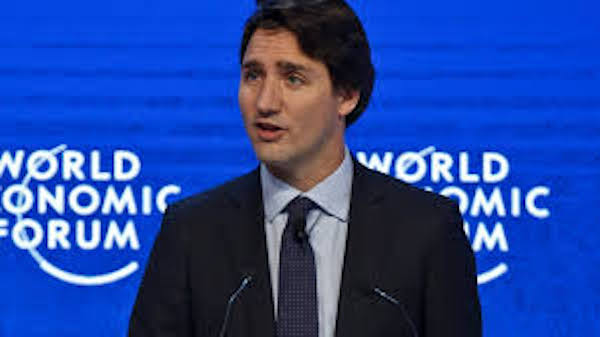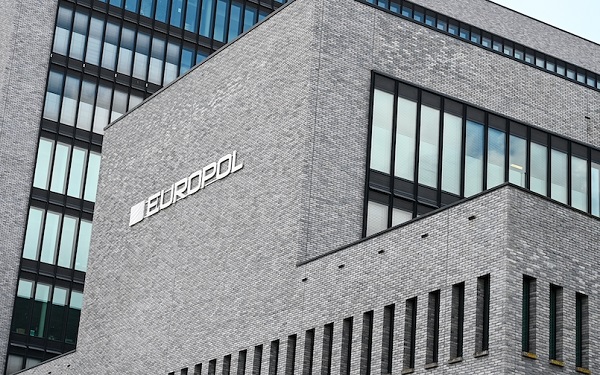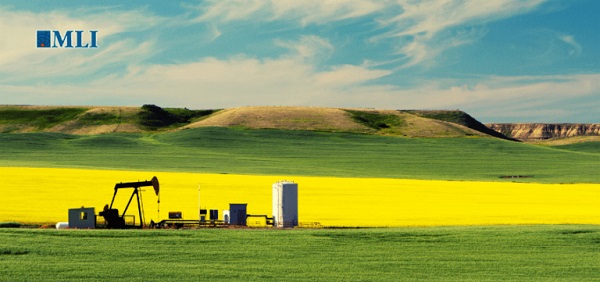International
British political commentator says Trudeau must go. World’s largest political youth organization horrified at Canada.

Canadians have always loved it when the rest of the world talks about our nation. Normally it’s because of an athlete or an artist who is on top of their game. Sometimes it’s our military accomplishments, or our peacekeeping leadership. Currently, Canada is making headlines for all the wrong reasons as the rest of the world struggles to understand what is happening in Canada to protestors who are clearly not violent (even if some find them incredibly annoying).
Best selling author Douglas Murray is a journalist with The Spectator, based in Britain.

Douglas Murray’s latest publication, The Madness of Crowds was a bestseller and ‘book of the year’ for The Times and The Sunday Times. Murray has also contributed to The Wall Street Journal, The Times, The Sunday Times, The Sun, The Evening Standard, and is a regular contributor to National Review. Murray founded the Centre for Social Cohesion, the first British think-tank studying extremism and terrorism.
This week, Douglas Murray was featured in this interview on SkyNews Australia.
Meanwhile in India, Tajinder Pal Singh Bagga, the National Secretary of the world’s largest youth political organization (called Bharatiya Janata Party Youth), has spoken out about the situation in Canada. The parent organization of the youth group, the Bharatiya Janata Party (BJP) is the World’s largest Political Party. Indian Prime Minister Narendra Modi belongs to this political party.
After seeing video from Canadian news organizations, Tajinder Pal Singh Bagga expressed horror at the treatment of peaceful protestors by the Canadian authorities.
I am not able to eat anything from last 24 hours after watching this video. how can @JustinTrudeau attack his own country people. Justin Converted beautiful Canada into Banana Republic. #TrudeauDictatorshipMustGo pic.twitter.com/WWwgMN4OsV
— Tajinder Pal Singh Bagga (@TajinderBagga) February 19, 2022
Crime
Europol takes out one of the largest pedophile networks in the world with almost 2 million users

From LifeSiteNews
An international group of police agencies has taken down one of the largest pedophile networks in the world with almost two million users.
Investigators from Bavaria, Germany, announced yesterday that they dismantled an online pedophile platform called “Kidflix” used to distribute child pornography that had around 1.8 million users worldwide. Police carried out raids in 31 countries and arrested 79 people in total.
The European police unit Europol coordinated the operation led by the Bavarian criminal police. Europol announced that around 1,400 suspects have been identified worldwide in “one of the biggest blows against child pornography in recent years, if not ever.”
According to Europol, the platform “Kidflix” was one of the largest pedophile networks in the world. Guido Limmer, deputy head of the Bavarian criminal police, said it was the “largest operation ever” organized by Europol. The platform’s server, with over 70,000 videos at the time, was reportedly shut down by German and Dutch authorities in early March.
The 79 people arrested were not only suspected of having watched or downloaded videos of child sexual abuse but some were also suspected of personally harming children. The police units carried out the raids from March 10 to 23 and reportedly confiscated thousands of electronic devices. In Germany alone, 96 locations were raided. Among the suspects was a 36-year-old man who not only viewed illegal material but also reportedly offered up his young son for sexual abuse. The child was given to child protection services after the man was arrested, the Bavarian police spokesman said.
Limmer also noted that one of the arrested suspects was a “serial” abuser from the United States.
According to Europol, “Kidflix” was set up by cybercriminals in 2021 and became one of the most popular platforms for pedophiles. The international police agency said that the investigation into the network began in 2022.
In October 2024, German police dismantled another large online pedophile network with hundreds of thousands of users, arresting six men associated with the platform.
Last year, Germany’s Federal Criminal Police Office revealed that the cases of sexual abuse against children and adolescents had more than tripled in the past five years.
Courageous Discourse
Europe Had 127,350 Cases of Measles in 2024

 By Peter A. McCullough, MD, MPH
By Peter A. McCullough, MD, MPH
US Mainstream Media Maintains Myopic Focus on Less than 1000 Cases
As the measles story in the US continues to unfold with reporting of a few cases here and there come in through mainstream media, I wondered about measles in Europe.
The WHO casually reported that the Europe Region had 127,350 cases in 2024.
According to an analysis by WHO and the United Nations Children’s Fund (UNICEF), 127 350 measles cases were reported in the European Region for 2024, double the number of cases reported for 2023 and the highest number since 1997.
Children under 5 accounted for more than 40% of reported cases in the Region – comprising 53 countries in Europe and central Asia. More than half of the reported cases required hospitalization. A total of 38 deaths have been reported, based on preliminary data received as of 6 March 2025.
Measles cases in the Region have generally been declining since 1997, when some 216 000 were reported, reaching a low of 4440 cases in 2016. However, a resurgence was seen in 2018 and 2019 – with 89 000 and 106 000 cases reported for the 2 years respectively. Following a backsliding in immunization coverage during the COVID-19 pandemic, cases rose significantly again in 2023 and 2024. Vaccination rates in many countries are yet to return to pre-pandemic levels, increasing the risk of outbreaks.
Many regions in Europe have lower rates of measles vaccination than the goal of 95%.
Less than 80% of eligible children in Bosnia and Herzegovina, Montenegro, North Macedonia and Romania were vaccinated with MCV1 in 2023 – far below the 95% coverage rate required to retain herd immunity. In both Bosnia and Herzegovina and Montenegro the coverage rate for MCV1 has remained below 70% and 50% respectively for the past 5 or more years. Romania reported the highest number of cases in the Region for 2024, with 30 692 cases, followed by Kazakhstan with 28 147 cases.
The WHO Report does not mention adjudication of hospitalizations or deaths. Presumably hospitalization of healthy kids is routine for contagion control. So if measles is so common and presumably well-handled by Europe, why is it such a big deal in the United States? Don’t look for Sanjay Gupta or Anderson Cooper to tell you that a similar size region and population handles >100K cases per year without much fanfare.
Peter A. McCullough, MD, MPH
President, McCullough Foundation
FOCAL POINTS (Courageous Discourse) is a reader-supported publication.
To receive new posts and support my work, consider becoming a free or paid subscriber.
Please subscribe to FOCAL POINTS as a paying ($5 monthly) or founder member so we can continue to bring you the truth.
Subscribe to FOCAL POINTS (Courageous Discourse).
For the full experience, upgrade your subscription.
-

 2025 Federal Election2 days ago
2025 Federal Election2 days agoMark Carney refuses to clarify 2022 remarks accusing the Freedom Convoy of ‘sedition’
-

 Automotive2 days ago
Automotive2 days agoElectric cars just another poor climate policy
-

 Energy2 days ago
Energy2 days agoWhy are Western Canadian oil prices so strong?
-

 2025 Federal Election17 hours ago
2025 Federal Election17 hours agoWEF video shows Mark Carney pushing financial ‘revolution’ based on ‘net zero’ goals
-

 Crime1 day ago
Crime1 day agoFirst Good Battlefield News From Trump’s Global War on Fentanyl
-

 Break The Needle1 day ago
Break The Needle1 day agoWhy psychedelic therapy is stuck in the waiting room
-

 2025 Federal Election23 hours ago
2025 Federal Election23 hours agoThree cheers for Poilievre’s alcohol tax cut
-

 2025 Federal Election23 hours ago
2025 Federal Election23 hours agoMORE OF THE SAME: Mark Carney Admits He Will Not Repeal the Liberal’s Bill C-69 – The ‘No Pipelines’ Bill











